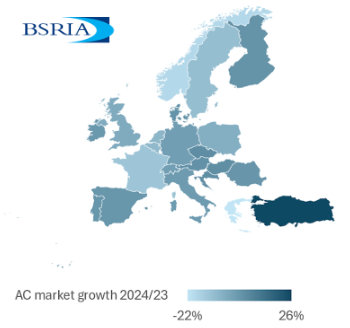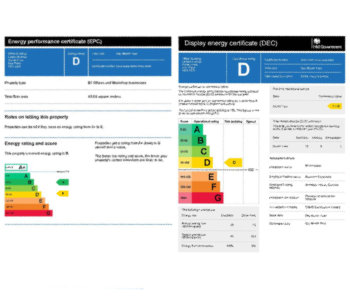Campaign for cash retentions reform

|
| A total of 271 MPs across all parties support the reform of cash retentions. |
Contents |
[edit] Introduction
Cash retentions are monies held back by larger contractors and clients from subcontractors where issues of non-performance arise, such as defects arising on work undertaken.
Retentions are held by private and public sector clients against their subcontractors, with over £10.5bn of SME working capital locked in retentions annually. Some £7.8 billion of this has been unpaid in the last three years.
However, the system is often abused, negatively impacting many businesses in construction, particularly SMEs.
As a result, ECA, BESA and various partner organisations have been pressing Government to reform this practice. Reform of cash retentions in construction is now supported by a broad range of politicians, business bodies, construction trade associations, and professional bodies.
[edit] Impact of retentions
Deprivation of working capital leaves businesses unable to grow (bid for new work), invest (engineering R&D and investment in digital transformation), recruit (new workers and apprentices), pay tax bills, and therefore precludes productivity improvement.
As retention monies are not protected, ring-fenced or held in trust, if a contractor goes bust, the money is lost by subcontractors, and goes to other creditors, often outside the industry.
In the UK, recent government research shows £700m of retentions were lost from upstream insolvency over a three-year period (prior to the collapse of Carillion). For each working day, the industry loses almost £1m, £4.5m per week or £20m per month.
Research has found that SMEs spend on average 130 hours per year chasing late payment from larger firms. And 34% of SMEs borrow to cover cash-flow issues caused by cash retentions. Often this is written off as bad debt, due to the resource implications of chasing monies due.
Cash flow issues leave businesses unable to:
- bid for new work
- take on new workers and apprentices
- pay tax bills, and
- improve productivity.
The knock-on effects of cash retentions can also include stress and mental health issues.
The current system is also a causal factor in bringing about a less efficient public procurement system and results in lower tax receipts for the public purse.
[edit] About this article
This article is an amalgamation of two articles that first appeared on the website of the Electrical Contractors’ Association (ECA) in March 2019: 'About the campaign' can be accessed here ; the 'Impact of retentions' can be accesed here.
--ECA
[edit] Related articles on Designing Buildings Wiki
- Retention bond
- Retention in construction contracts
- Defects liability period DLP
- Construction (Retention Deposit Schemes) Bill 2017-19
- Performance bond for construction
- Defects in construction
- Bonds in construction contracts
- ECA articles
- Final account
- Final certificate for construction contracts
- Liquidated damages in construction contracts
- Valuation of interim payments
- Right to payment
- Variations in construction contracts
- Contract sum
- Domestic sub-contractor
- Insolvency in the construction industry
[edit] External references
- Construction Manager, 20 November 2017, 60% of engineering firms say turnover is held in retentions.
Featured articles and news
Shortage of high-quality data threatening the AI boom
And other fundamental issues highlighted by the Open Data Institute.
Data centres top the list of growth opportunities
In robust, yet heterogenous world BACS market.
Increased funding for BSR announced
Within plans for next generation of new towns.
New Towns Taskforce interim policy statement
With initial reactions to the 6 month policy update.
Heritage, industry and slavery
Interpretation must tell the story accurately.
PM announces Building safety and fire move to MHCLG
Following recommendations of the Grenfell Inquiry report.
Conserving the ruins of a great Elizabethan country house.
BSRIA European air conditioning market update 2024
Highs, lows and discrepancy rates in the annual demand.
50 years celebrating the ECA Apprenticeship Awards
As SMEs say the 10 years of the Apprenticeship Levy has failed them.
Nominations sought for CIOB awards
Celebrating construction excellence in Ireland and Northern Ireland.
EPC consultation in context: NCM, SAP, SBEM and HEM
One week to respond to the consultation on reforms to the Energy Performance of Buildings framework.
CIAT Celebrates 60 years of Architectural Technology
Find out more #CIAT60 social media takeover.
The BPF urges Chancellor for additional BSR resources
To remove barriers and bottlenecks which delay projects.
Flexibility over requirements to boost apprentice numbers
English, maths and minimumun duration requirements reduced for a 10,000 gain.
A long term view on European heating markets
BSRIA HVAC 2032 Study.
Humidity resilience strategies for home design
Frequency of extreme humidity events is increasing.
National Apprenticeship Week 2025
Skills for life : 10-16 February

























